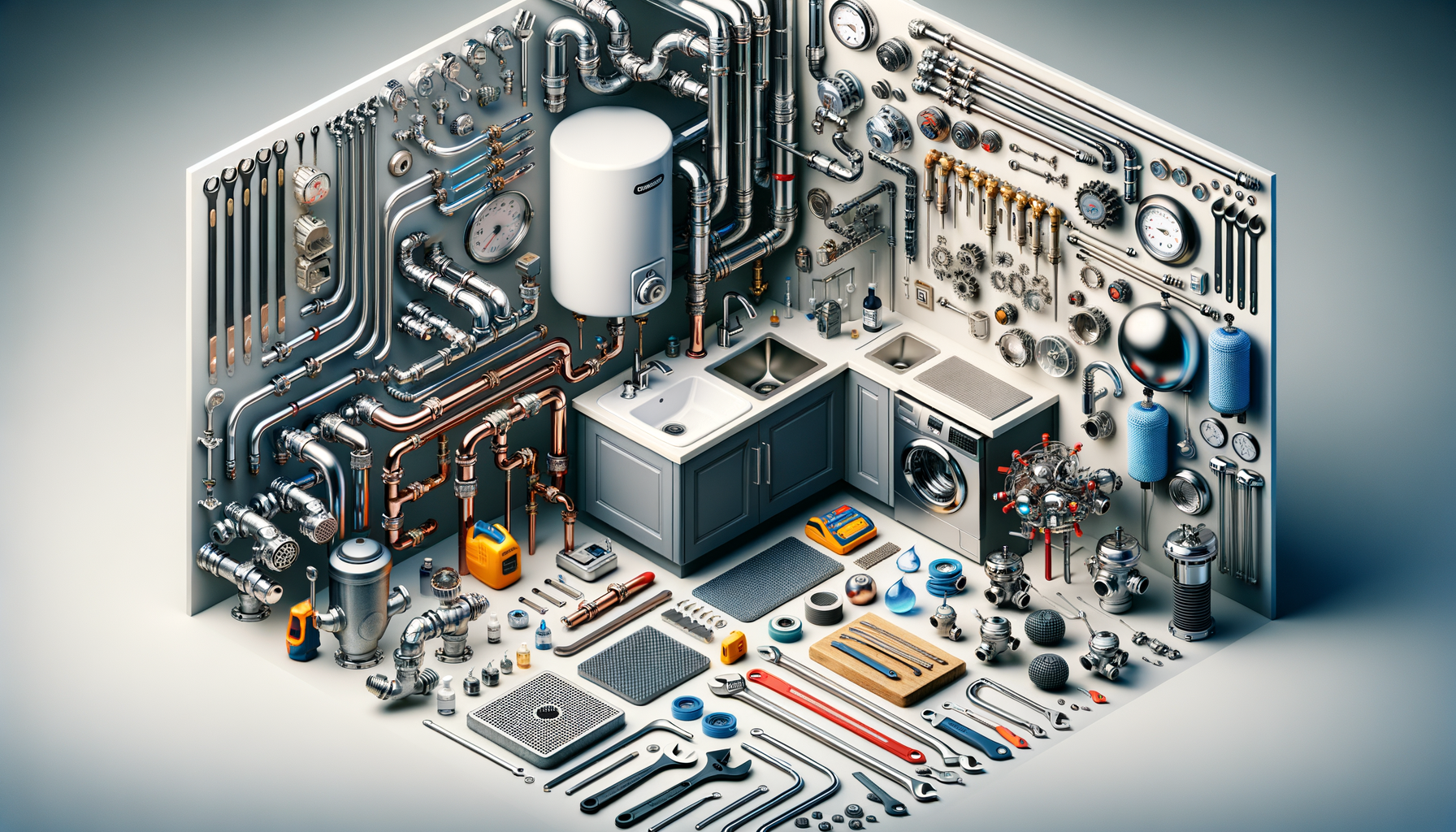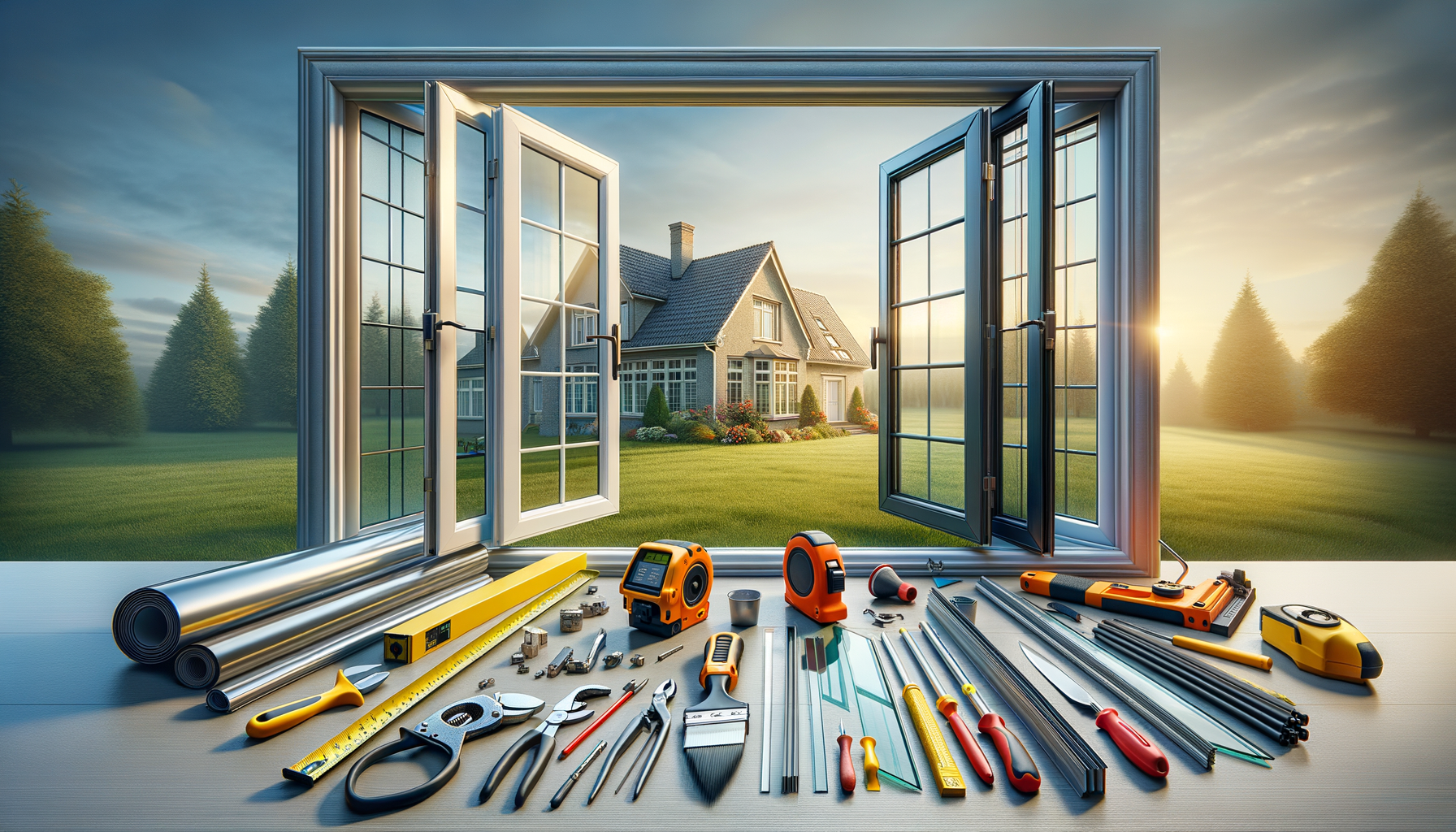Understanding the Basics of Plumbing Systems
Plumbing systems are the unsung heroes of our homes, quietly ensuring that water flows where it’s needed and waste is efficiently removed. Understanding the basics of these systems can help homeowners identify potential issues and maintain a smoothly running household. At its core, a plumbing system comprises two subsystems: one that brings clean water in and another that takes wastewater out. The supply system is pressurized, allowing water to travel to various fixtures, while the drainage system relies on gravity to carry waste away.
A typical home plumbing system includes pipes, valves, fixtures, and fittings. Pipes are usually made from copper, PVC, or PEX, each with its own advantages. Copper is durable and reliable, PVC is cost-effective and easy to work with, and PEX offers flexibility for easy installation. Valves control the flow of water, and fixtures like sinks, toilets, and showers are the endpoints where water is used. Regular maintenance, such as checking for leaks and ensuring proper drainage, is crucial to prevent issues like water damage or mold growth.
Understanding these components allows homeowners to make informed decisions about repairs and upgrades. For instance, knowing the type of pipes in your home can guide you in choosing the right replacement materials. Additionally, being aware of the signs of plumbing issues, such as slow drains or unusual noises, can prompt timely interventions before problems escalate.
Common Plumbing Problems and Their Solutions
Even the most well-maintained plumbing systems can encounter issues. Some common problems include leaky faucets, clogged drains, and running toilets. Each of these can be addressed with a combination of DIY solutions and professional help, depending on the severity of the issue.
Leaky faucets are a frequent nuisance and often result from worn-out washers or seals. Replacing these components can usually resolve the problem. Clogged drains, on the other hand, may require more effort. Simple clogs can often be cleared with a plunger or a drain snake, but persistent blockages might necessitate professional intervention to avoid damage to the pipes.
Running toilets are another common issue that can lead to increased water bills. This problem is often caused by a faulty flapper or fill valve. Replacing these parts is a straightforward task that can save water and money in the long run. Regular inspection and maintenance of toilet components can prevent such issues from arising.
For more complex problems, such as pipe leaks or sewer line issues, it’s advisable to consult a professional plumber. They can provide expert diagnosis and repair, ensuring the longevity and efficiency of your plumbing system.
Innovative Plumbing Technologies
The plumbing industry has seen significant advancements in recent years, with new technologies enhancing efficiency and sustainability. Smart plumbing systems, for instance, allow homeowners to monitor water usage and detect leaks remotely. These systems can be integrated with home automation platforms, providing alerts and insights that help conserve water and reduce utility bills.
Another innovation is the use of tankless water heaters, which provide hot water on demand without the need for a storage tank. This not only saves space but also improves energy efficiency, as water is heated only when needed. Additionally, low-flow fixtures, such as faucets and showerheads, have become popular for their ability to reduce water consumption without compromising performance.
Water filtration systems have also evolved, offering homeowners cleaner and safer water. These systems can be installed at the point of entry or point of use, depending on the specific needs of the household. Advanced filtration technologies remove contaminants and improve water quality, contributing to better health and well-being.
These innovations not only enhance the functionality of plumbing systems but also support environmental sustainability, making them a worthwhile investment for modern homes.
DIY Plumbing Tips for Homeowners
While some plumbing tasks require professional expertise, there are several do-it-yourself (DIY) tips that homeowners can implement to maintain their systems. Regular inspection and maintenance can prevent minor issues from becoming major problems, saving both time and money.
One essential DIY tip is to regularly check for leaks. Inspect faucets, showers, and toilets for any signs of dripping or running water. Addressing leaks promptly can prevent water wastage and reduce utility bills. Additionally, cleaning drains regularly can prevent clogs. Use a mixture of baking soda and vinegar as a natural drain cleaner, followed by hot water to clear any buildup.
It’s also important to know the location of your main water shut-off valve. In the event of a major leak or burst pipe, quickly turning off the water supply can minimize damage to your home. Familiarize yourself with basic tools like a pipe wrench and plunger, which can be invaluable for minor repairs.
While DIY efforts are beneficial, it’s crucial to recognize when a problem is beyond your expertise. In such cases, seeking professional help ensures that repairs are done correctly and safely.
Choosing the Right Plumbing Services
When it comes to plumbing repairs and installations, selecting the right service provider is crucial. A reputable plumber can provide quality work and peace of mind, ensuring that your plumbing system functions efficiently.
Start by researching local plumbing services and reading customer reviews. Look for companies with a strong reputation for reliability and professionalism. It’s also beneficial to choose a plumber with experience in handling the specific issue you’re facing, whether it’s a simple repair or a complex installation.
When contacting potential plumbers, inquire about their licensing and insurance. A licensed plumber has met the required standards and regulations, while insurance protects you from liability in case of accidents or damage during the job. Requesting a written estimate before work begins can also prevent unexpected costs and ensure transparency.
Building a relationship with a trusted plumber can be advantageous for future needs. Regular maintenance and inspections by a professional can extend the life of your plumbing system and prevent costly repairs down the line.


Leave a Reply